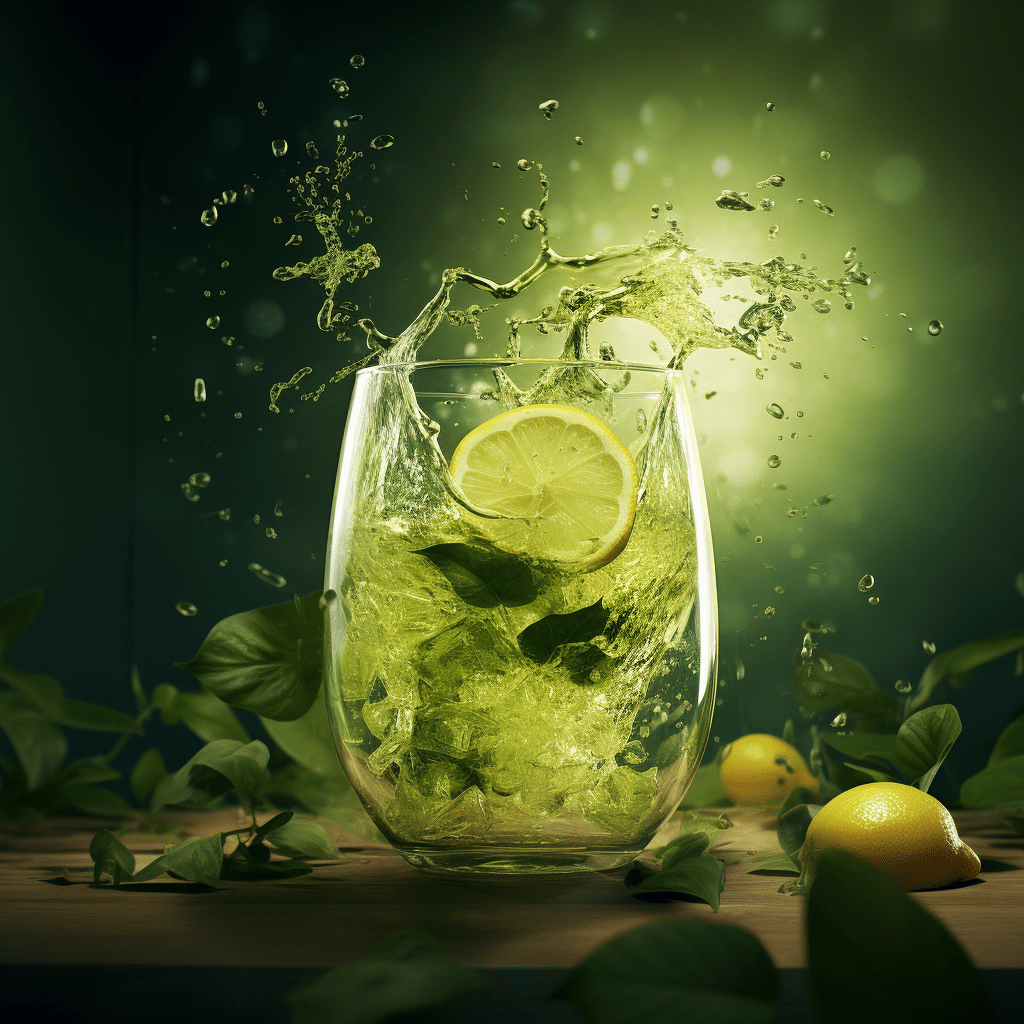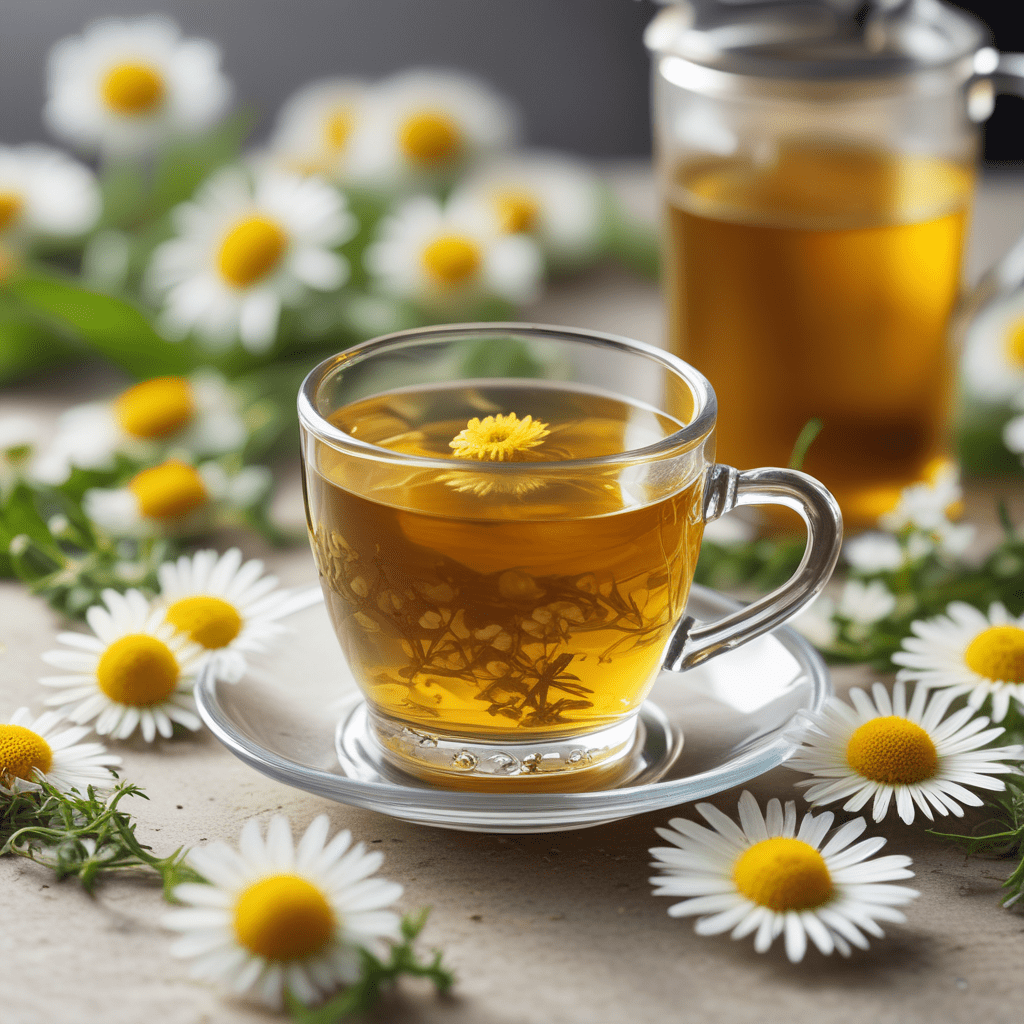How Much Caffeine in Lipton Green Tea
Green tea is a popular beverage known for its numerous health benefits, including its high antioxidant content and potential to increase metabolism. Many people enjoy a cup of green tea to start their day or as a refreshing pick-me-up in the afternoon. However, one common question that arises is, “How much caffeine is in Lipton green tea?” In this article, we will explore the caffeine content in Lipton green tea and provide some additional information about caffeine and its effects on the body.
Understanding Caffeine
Before delving into the specifics of caffeine content in Lipton green tea, let’s take a moment to understand what caffeine is. Caffeine is a natural stimulant found in various plants, such as tea leaves, coffee beans, and cacao pods. It belongs to a class of compounds called xanthines and acts as a central nervous system stimulant. Caffeine is commonly consumed worldwide and is known for its ability to enhance alertness and reduce fatigue.
Caffeine Content in Lipton Green Tea
Lipton is a well-known brand that offers a wide range of tea products, including green tea. When it comes to the caffeine content in Lipton green tea, it’s essential to note that the exact amount can vary depending on several factors, including the specific variety and the brewing method used.
On average, a serving of Lipton green tea contains around 35 milligrams (mg) of caffeine per 8-ounce cup. However, this value is an approximation and can differ slightly from one cup to another. It’s worth mentioning that Lipton also offers “decaffeinated” green tea options that undergo a process to remove most of the caffeine content. Decaffeinated green tea can contain less than 5 mg of caffeine per serving.
Factors Affecting Caffeine Content
Several factors can influence the caffeine content in a cup of Lipton green tea. These factors include:
- Type of Green Tea: Different varieties of green tea can have varying levels of caffeine. For example, Matcha green tea typically contains higher levels of caffeine compared to regular green tea.
Brewing Time: The longer the tea is steeped, the more caffeine it will release. If you prefer a stronger cup of green tea, allowing it to steep for a longer duration may result in higher caffeine content.
Water Temperature: Steeping green tea at higher temperatures, such as boiling water, can lead to increased caffeine extraction.
Serving Size: The amount of tea leaves used per cup can impact the overall caffeine content.
Personal Sensitivity: Individual tolerance and sensitivity to caffeine can vary. Some individuals may be more sensitive to its effects, even with lower caffeine content.
By considering these factors and adjusting your brewing method accordingly, you can control the caffeine levels in your Lipton green tea to suit your preferences and needs.
Effects of Caffeine on the Body
While caffeine can provide a quick energy boost and enhance mental alertness, it’s important to remember that consuming too much caffeine may have some potential adverse effects. Some of the common effects of excessive caffeine consumption include:
- Insomnia: High caffeine intake, especially close to bedtime, can disrupt sleep patterns and lead to difficulty falling or staying asleep.
Increased Heart Rate: Caffeine is known to slightly elevate heart rate and blood pressure, which may not be suitable for those with pre-existing cardiovascular conditions.
Digestive Issues: High caffeine intake can sometimes cause digestive problems like acid reflux, nausea, or stomach discomfort.
Anxiety and Jitters: Some individuals may experience heightened anxiety or restlessness with excessive caffeine consumption.
It’s important to be mindful of your caffeine intake and to listen to your body’s cues. Moderation is key, and everyone may have different thresholds when it comes to caffeine tolerance.
Frequently Asked Questions (FAQs)
Q1: Is Lipton green tea a good source of caffeine?
A1: Lipton green tea contains a moderate amount of caffeine, making it a suitable choice for those looking to enjoy some energy-boosting properties.
Q2: Can I drink Lipton green tea before bedtime?
A2: It’s generally advisable to avoid consuming green tea, or any caffeinated beverage, close to bedtime to prevent sleep disturbances.
Q3: Are there any health benefits of green tea apart from caffeine?
A3: Yes, green tea is rich in antioxidants called catechins, which have been linked to various health benefits such as improved heart health, metabolism boost, and potentially even reducing the risk of certain diseases.
Q4: How much caffeine is too much?
A4: The FDA recommends a daily caffeine intake of no more than 400 mg for most adults. However, sensitivity to caffeine can vary, and it’s best to listen to your body and consume caffeine in moderation.
Q5: Are there any caffeine-free alternatives to Lipton green tea?
A5: Yes, Lipton offers decaffeinated versions of their green tea, which contain significantly less caffeine or are entirely caffeine-free.
Q6: Can I drink Lipton green tea during pregnancy?
A6: It’s advisable for pregnant women to consult with a healthcare professional before consuming any caffeinated beverages, including green tea.
In conclusion, Lipton green tea contains approximately 35 mg of caffeine per serving, although this may slightly vary. It’s important to consider various factors that can affect the caffeine content, such as the brewing method and the variety of green tea used. By being mindful of your caffeine intake and listening to your body, you can enjoy the benefits of Lipton green tea without exceeding your personal caffeine sensitivity.



